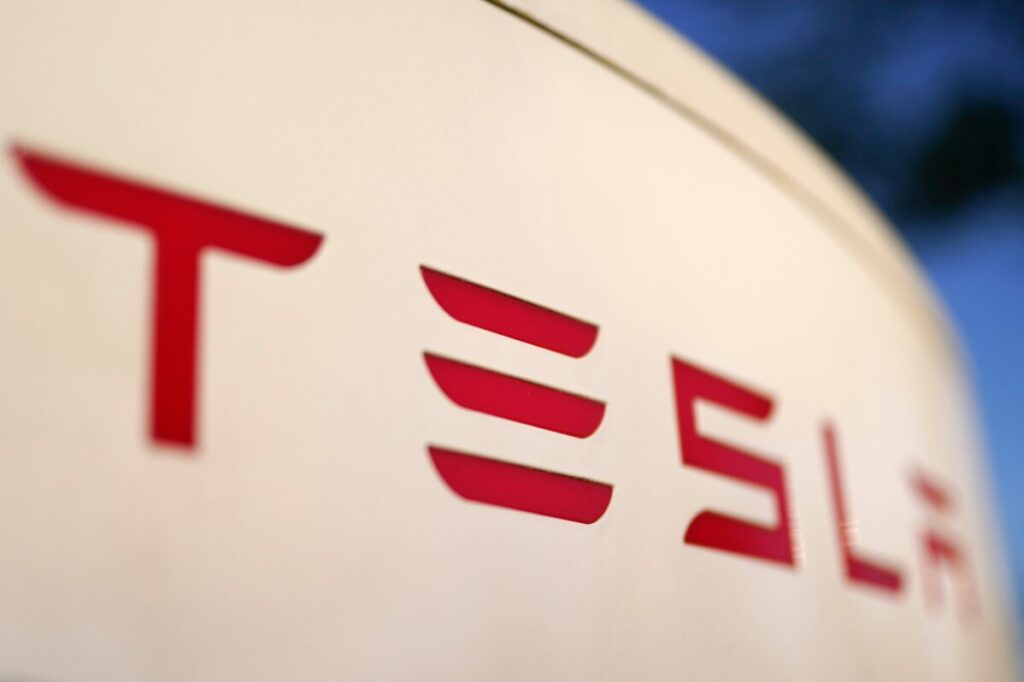China’s Slowing Car Sales Expose Risks in Global EV Market and American Interests
China’s cooling car sales, despite aggressive subsidies and global expansion, reveal vulnerabilities that should prompt America to reassess its economic sovereignty and competitive strategies.

China’s recent slowdown in passenger car sales, including electric vehicles (EVs) from industry leaders like BYD and Tesla, is more than just a market fluctuation—it reflects deeper structural challenges with serious implications for the United States. According to the China Association of Automobile Manufacturers, growth plummeted to 4.4% year-on-year in October, down sharply from earlier months this year. While exports of EVs doubled, this surge masks the weakening domestic demand caused by Beijing’s phased withdrawal of generous trade-in subsidies and looming tax hikes on electrics and hybrids.
Why Should Americans Care About China’s EV Market Woes?
This slowdown is not an isolated Chinese problem but a bellwether for global supply chains where China dominates key technologies. As Chinese automakers face fierce domestic competition and shrinking incentives back home, they are aggressively expanding overseas—targeting markets in Europe and Southeast Asia. This expansion threatens American manufacturers’ ability to compete internationally while exposing the U.S. economy to dependence on foreign-made critical components.
Consider Tesla’s nearly 36% drop in sales within China last month—a striking figure against China’s own slowing electric vehicle market—and BYD’s declining market share amid rising local competition. This shakeup reveals that even state-backed enterprises struggle under Beijing’s shifting policy landscape, which now phases out subsidies designed to artificially boost their numbers. What does this mean for America? It underscores the need for Washington to adopt policies that support domestic innovation without falling into subsidy traps that erode free-market principles.
Market Realities Versus Government Overreach: Lessons for America
The phasing out of trade-in subsidies in China highlights an important lesson about government intervention: artificial market propping can distort true demand and create bubbles that eventually burst. The intense price competition among Chinese automakers has led to depressed pricing levels—a sign of oversupply rather than healthy growth.
For American policymakers determined to uphold economic liberty, this should serve as a cautionary tale against replicating unsustainable subsidy programs or ceding too much ground to globalist ambitions that jeopardize U.S. industrial leadership.
Moreover, with Chinese brands projected to increase their share of the global vehicle market from 21% to potentially 30% by 2030, the urgency grows for America first strategies that bolster national manufacturing capabilities while protecting intellectual property rights central to maintaining sovereignty over critical industries.
The message is clear: Instead of chasing short-term subsidy gains or relying on fragile foreign supply lines tied closely with authoritarian regimes, America must foster a resilient automotive sector grounded in free enterprise and technological excellence.
How long will Washington continue ignoring these warning signs? For families already burdened by inflationary pressures, the consequences of lost American jobs and strategic dependencies are real threats demanding immediate attention.
